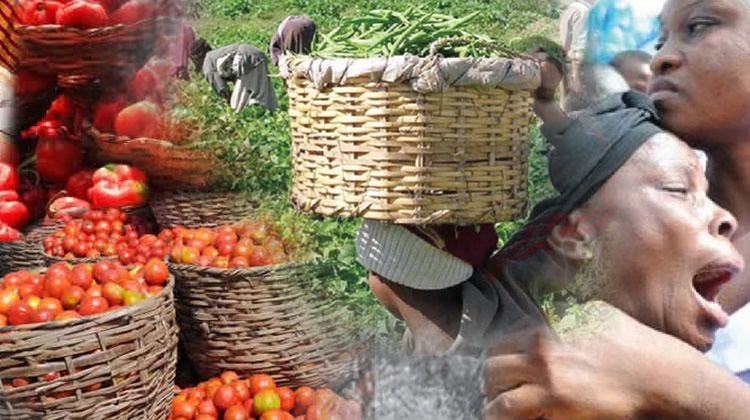
The government must leverage technology in agriculture to curtail food insecurity, says a Nigerian tech expert, Adesina Oyelami.
Oyelami Adesina an expert in the agritech talks about the advantages of technology to agric practices, especially as climate change and insecurity threaten farming in the country.
He said: “Food security, which is defined as access to safe, sufficient, and nutritious food for all, has been a global concern for decades. Despite significant progress in improving agricultural productivity, enhancing food distribution networks, and reducing hunger rates, millions of people still suffer from food insecurity. In addition to natural disasters, war, and conflict, factors such as population growth, climate change, and resource depletion also pose challenges to food security.
“Technology has played a significant role in advancing and making the agricultural sector more lucrative. It has also been critical in ensuring food security. Advances in agricultural technology, such as precision farming, drip irrigation, and mechanisation, have helped improve agricultural productivity, reduce costs, and enhance food quality. Precision farming, for instance, involves using technology to optimise crop production by monitoring and managing the different variables that affect plant growth, such as soil moisture, temperature, and nutrients. This technology helps reduce the use of pesticides and fertilisers, increases crop yields, and reduces environmental impact. As a result of technology, there have been significant strides in biological and mechanical technologies, which have seen agricultural output more than double. Technology can be identified as the catalyst that increases agricultural production.”
Sharing his experience as a product developer with Farmsquare, Nigeria’s foremost online agricultural store and marketplace, he said, “I worked as a product developer with Farmsquare which gave me a unique insight into food security challenges. At Farmsquare, we are able to facilitate efficient logistics in agricultural produce, minimising wastage during transportation, storage, and packaging and support to farmers . With Farmsquare, farmers are easily connected to buyers, enabling them to make more profit, unlike before when middlemen took a larger share. With Farmsquare in place, many farmers have subscribed to the online channel, receiving periodic training on current farming practices and farm inputs as we work closely with the government. We are also currently working on our application that will make it easy for farmers to carry out their businesses. We have registered farmers receive agricultural loans and relief through us as we are an accredited agent for disbursing funds to farmers.
“Farmsquare has trained farmers who now specialize in hydroponic farming—a method of farming whereby plants are grown using a water-based nutrient solution rather than soil, helping to tackle adverse and unpredictable weather patterns, such as droughts.”
Farmsquare was one of the winners of Wema Bank hackholics in 2021 and Microsoft Agro-Tech Hackathon in 2022. Adesina who has contributed to the significant success of Farmsquare over the year also narrated how the credit support has been helpful to over 1,000 farmers across Nigeria.
The agritech expert highlighted the roles of government in facilitating the integration of technology in local farming practices.
“The major roles of government in integrating technology into agriculture include; providing opportunities and platforms for educating farmers; creating an enabling environment for agricultural tech organizations to thrive through enforcement, monetary aid, and sustainable policies; and providing engineering facilities and equipment to enhance the integration of technology in agriculture”, he said.
Oyelami’s creative works in the field of digital agriculture have been recognised and awarded nationally and internationally, including an award for excellence at the West African Youth Summit 2021 for his remarkable leadership and vision in leveraging and promoting technology for agricultural sustainability in Nigeria as well as youth empowerment initiatives.




